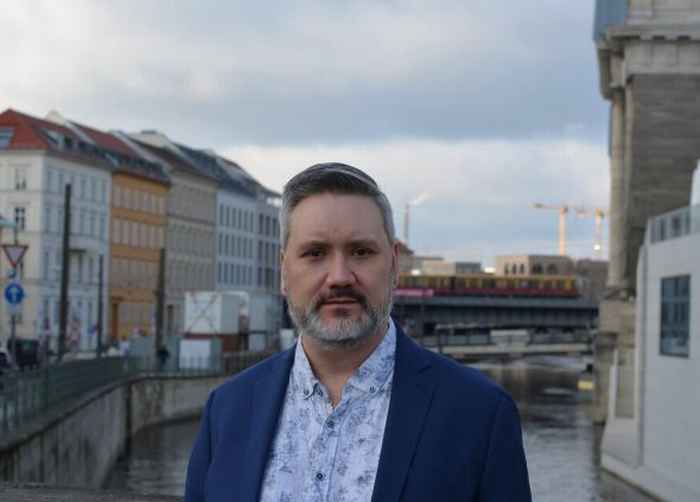Reimagining the Past, Envisioning the Future, from a New Center
- Date
- 9 February 2023
- Time
- 15:30

This lecture contextualizes my intellectual vision for the professorship in Popular Music Studies at Humboldt-Universität zu Berlin and situates my primary current research project: a new edition of my monograph Unlocking the Groove: Rhythm, Meter, and Musical Design in Electronic Dance Music (Indiana University Press, 2006).
I began my role as Chair of Popular Music Studies at HU in October 2021. In the first part of my talk, I will describe where I’m coming from as a scholar and how I see myself fitting in to and contributing to the landscape of popular music studies in Germany and in Europe more broadly. In particular, the Pop Music Chair will become the home base of a new Center for the Analysis of Contemporary Popular Music. The principal goals of the Center will be the cultivation and dissemination, through research and training, of an interdisciplinary analytical methodology for popular music. This will be based on methods developed in my previous research, with added emergent emphases on (a) sound and materiality, particularly the interfaces and instruments through which popular music is envisioned and created, and (b) the bodily knowledge and practices through which it is performed and experienced. The primary musical styles emphasized at the Center for the Analysis of Contemporary Popular Music will be electronic dance and club music, other groove-based styles (e.g., rap), popular music with prominent digital and/or electronic components, and videogame music. Overall, the Center will foreground culturally situated close readings of contemporary, groove-based styles, while also loosely continuing the tradition of the Forschungszentrum Populäre Musik that previously existed at HU.
In the second section of my talk I will describe my current major research project, in which I am revisiting and revising my book Unlocking the Groove for a new edition to be published by Oxford University Press. Having recently begun a year-long sabbatical devoted to this project, I am presently in the thick of it. For those not familiar with the text, I will briefly describe its contents and orientation. I will then outline my priorities for the new edition. In the context of this lecture, this will provide an opportunity for metatheoretical reflection on the state of popular music studies and dance music research today and, in comparison, as they existed in 2006 when the text was first published.